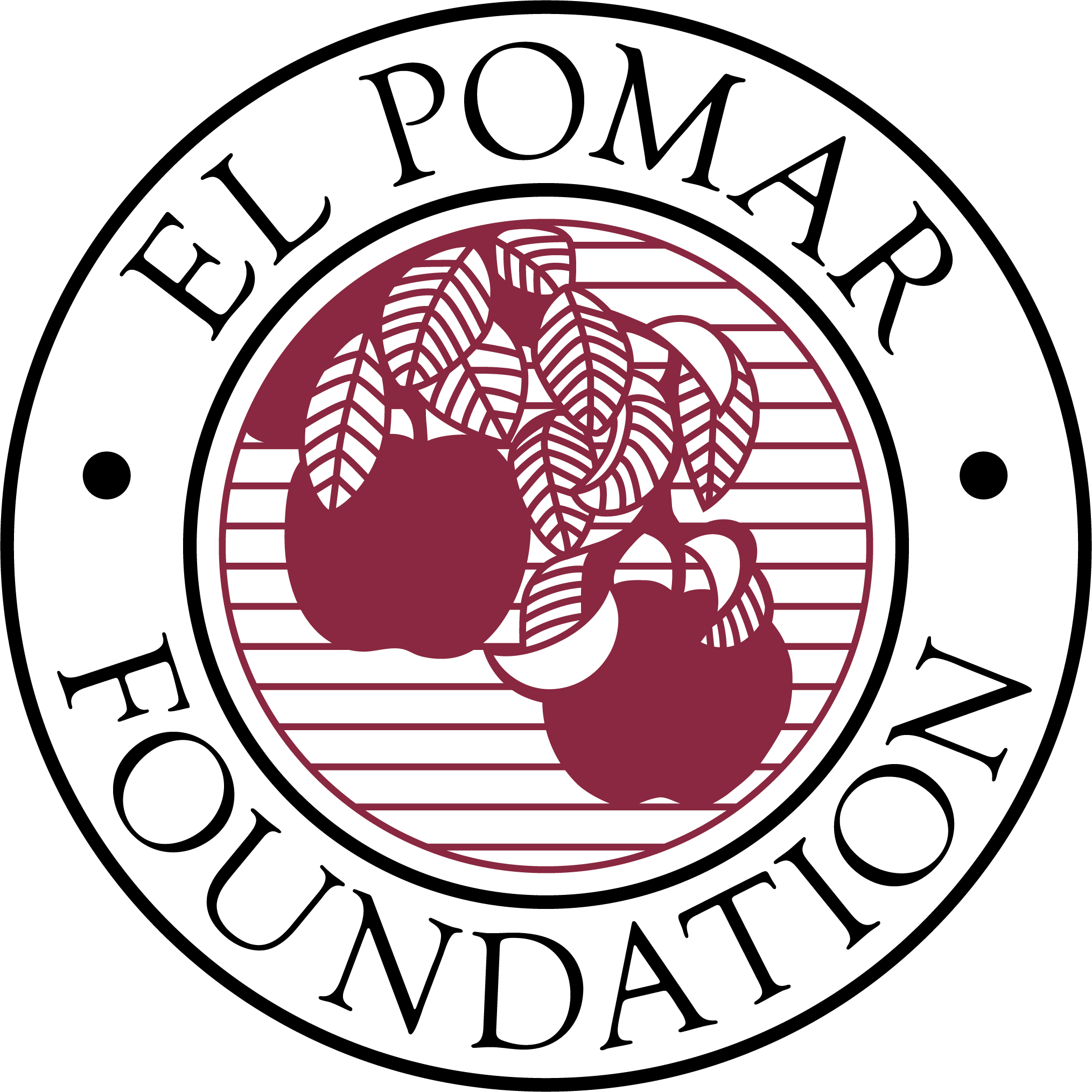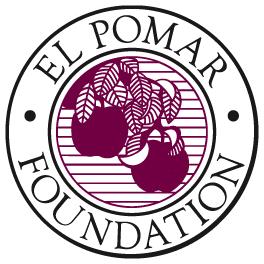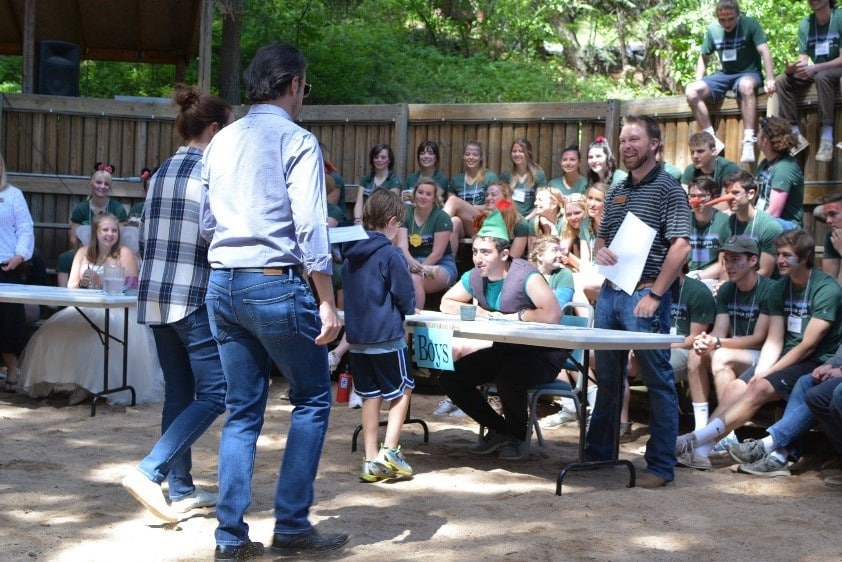The most important lesson I learned about supporting communities to which I do not specifically belong started with craft supplies and a helpful acronym. I first learned the “WAIT” principle while attending an orientation session titled “Listen First” at the beginning of my first summer as a camp counselor. The camp director broke us up into groups and provided each of us with a face painting crayon and instructions to spell out ‘WAIT’ in all caps across the forehead of each member of our group. Once we had the four-letter word scrawled across our foreheads in bright colors, we took our seats and waited for clarification. Our instructor explained what WAIT stood for: “Why Am I Talking? It is an acronym, and you should imagine it on the forehead of all the campers you work with as a reminder of the value of leaders who listen first. Think of your words as currency. The more you say, the less each word is worth, and overall, the less they will hear.”
I have found this to be one of the most universal lessons in leadership that I developed as a summer camp counselor. Though I learned this principle to elevate the voices of campers, this practice is easily applied to other scenarios. For example, the principle is critically important when a leader is supporting a community with which they do not directly identify. I have learned that by centering any meetings or events that I may facilitate around the WAIT principle, I can ensure that all discussions I lead as an El Pomar Fellow are focused on the community we intend to serve.
If I find myself beginning to speak at, rather than listen to, the community I wish to serve, I will risk losing the mission of their project, and thus work to re-balance the focus. I believe that my contributions should be measured and intentional, giving special value to the contributions of stakeholders who are members of the given community. This way, I can first learn from those who know their community needs best and then respond. This valuable, yet simple, principle will help El Pomar Foundation have the most effective impact possible on all people across Colorado.



